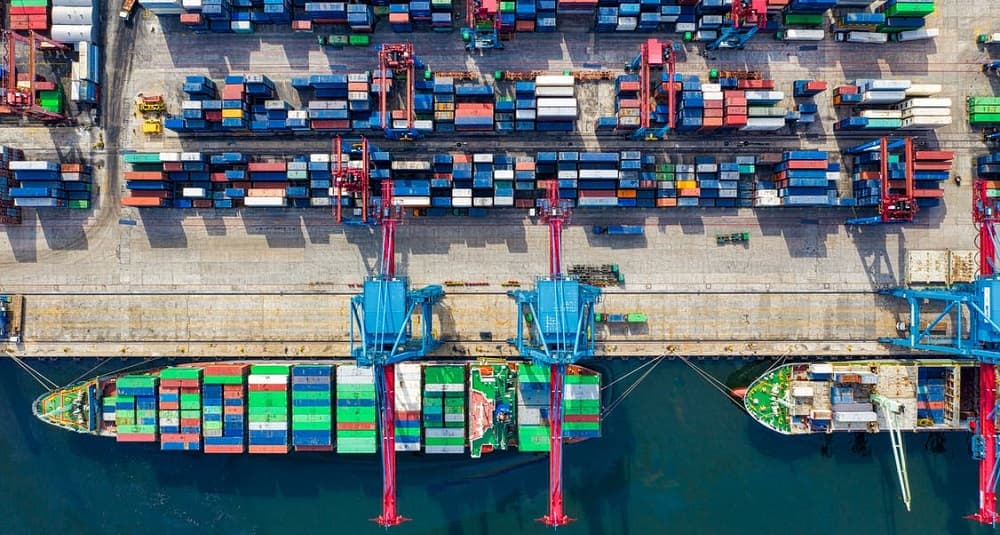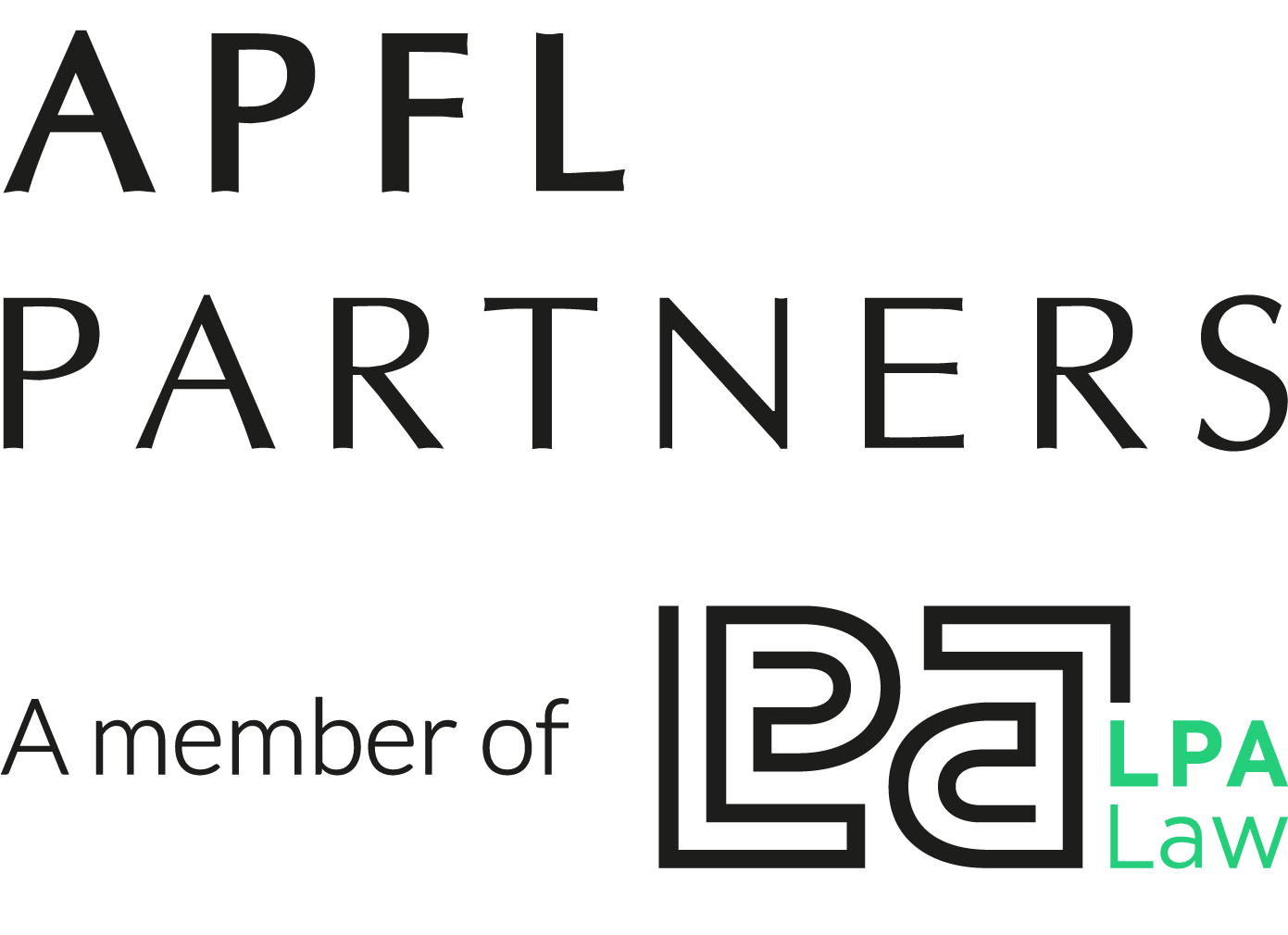Welcome to The Week in Brief: A regular legal digest from Audier & Partners.
In this newsletter, our team will highlight major regulatory developments taking place in Vietnam and provide a bite-sized overview of their impact on our clients doing business and investing here.
This week, we highlight new government support for people during the COVID-19 pandemic, a postponement of the requirement for businesses to use e-invoices, and new regulations on administrative sanctions in customs activities.
To learn more about one of these changes – and what it means for companies in Vietnam – contact our office for more information.
More Support during COVID-19

Throughout the COVID-19 pandemic, Vietnam has provided financial support for its affected companies and citizens. In April, the government announced an initial rescue package worth around US$ 2.6 billion, with low-income households and people who had lost their jobs receiving up to US$ 77 per month. Meanwhile, businesses were able to borrow capital at zero per cent interest to cover part of their workers’ salaries, up to 50 per cent of the value of the minimum wage.
The government has now announced that more people will be eligible for support, after Resolution No. 154/NQ-CP (“Resolution 154”) was issued on 19 October. Resolution 154 amends Resolution No. 42/NQ-CP dated 9 April 2020 on measures to support citizens in need due to the COVID-19 pandemic.
Following resolution 154, people who are out of work or take unpaid leave for at least one month due to COVID-19 will receive 1.8 million dong a month for up to three months. This applies to people working for companies as well as private or public educational establishments that are independent from the state budget.
Requirement to use E-invoices Postponed

On 19 October, the government announced that companies will no longer be required to use electronic invoices from 1 November 2020. Following the introduction of Decree No. 123/2020/ND-CP, the date of this change has been pushed back until 1 July 2022.
Until then, paper invoices will remain valid. The requirement on electronic invoices was announced in Decree 199/2018/ND-CP with the aim of reducing cost and time burdens for both business and tax authorities.
New Regulations on Administrative Sanctions in Customs Activities

New regulations on administrative sanctions in customs activities will come into force on 10 December, after the government issued Decree No. 128/2020/ND-CP dated 19 October 2020. Decree 128 outlines four cases where declarants will not be subject to a sanction:
- Where administrative violations are committed in the circumstances outlined in Article 11 of the Law on Administrative Sanctions. These include violations made in emergencies, for reasons of self-protection, in unanticipated situations or in cases of force majeure;
- Where the declarant corrects a mistake in their declaration in accordance with Article 29.4 of the Law on Customs;
- Where the declarant followed the guidance or decision of competent authorities, and;
- Where goods do not conform with the contract signed between the exporter and the importer (as defined in Article 39 of the Law on Commerce) and where the sender, transporter or recipient of the goods – or their legal representative – has informed the Head of the Customs Department where these goods are being held in writing before the tax declaration.
For further details on these changes, or to learn more about doing business in Vietnam, contact our office on contact@apflpartners.com


